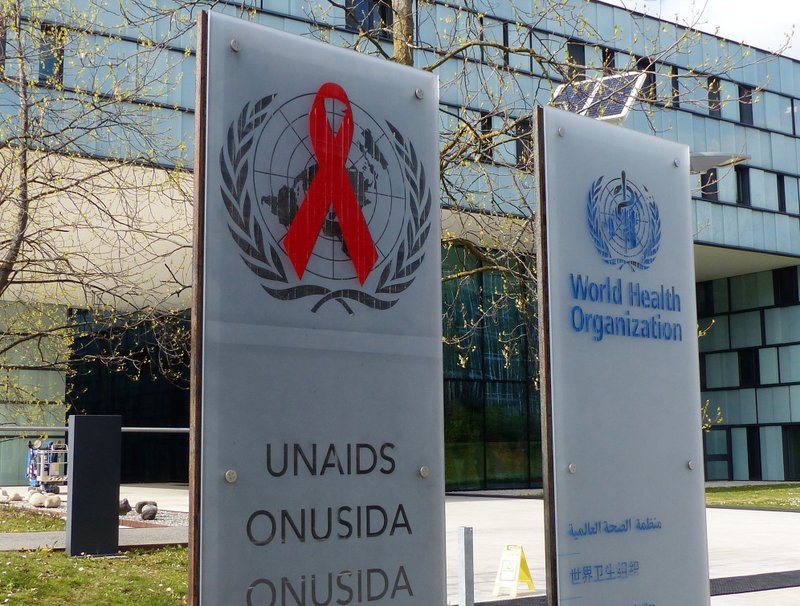‘Remarkable global progress’: HIV cases and deaths declining

PARIS—The number of new HIV infections and deaths has fallen across the world, marking significant progress in the fight against the disease.
But HIV is far from being stamped out, health experts warn ahead of World AIDS Day on Sunday.
During the 2010s, the number of HIV infections across the world declined by a fifth, according to a major study published in The Lancet HIV journal on Tuesday.
Deaths related to HIV, which are generally caused by other diseases during the late stages of AIDS, fell by about 40 percent to below a million a year, the study said.
The decline was mainly driven by improving rates in sub-Saharan Africa, which is by far the hardest-hit region in the global epidemic.
However infections did not go down everywhere. Other regions, such as Eastern Europe and the Middle East, saw HIV numbers increase.
Far from eradication
And the world remains far from the United Nations target of virtually eradicating AIDS-related deaths by 2030, the researchers said.
“The world has made remarkable global progress to significantly reduce the number of new HIV infections,” said lead study author Hmwe Kyu of the US-based Institute For Health Metrics and Evaluation.
“More than a million people acquire a new HIV infection each year and, of the 40 million people living with HIV, a quarter are not receiving treatment,” she said in a statement.
Preventative treatments called Pre-Exposure Prophylaxis (PrEP) have proven to be a powerful tool in the fight against HIV.
These daily pills reduce the risk of getting HIV from sex by around 99 percent.
They have helped drive down HIV rates in many countries. In some, such as France, health authorities are urging PrEP to be made more available to more people, rather than just men who have sex with men.
Africa left behind
“It is something that can be used by anyone who needs it at some point in their sexual life,” French infectious disease specialist Pierre Delobel told a press conference.
For people who have been infected with HIV, antiretroviral therapy can reduce the amount of the virus in their blood to undetectable levels.
An undetectable viral load means that there is less than a 1 percent chance that breastfeeding mothers pass HIV onto their babies, according to the US Centers for Disease Control and Prevention.
These tools have worked well in wealthier countries but the high costs have meant that poorer countries—such as in Africa—have often been left behind.
AFP is one of the world's three major news agencies, and the only European one. Its mission is to provide rapid, comprehensive, impartial and verified coverage of the news and issues that shape our daily lives.
















